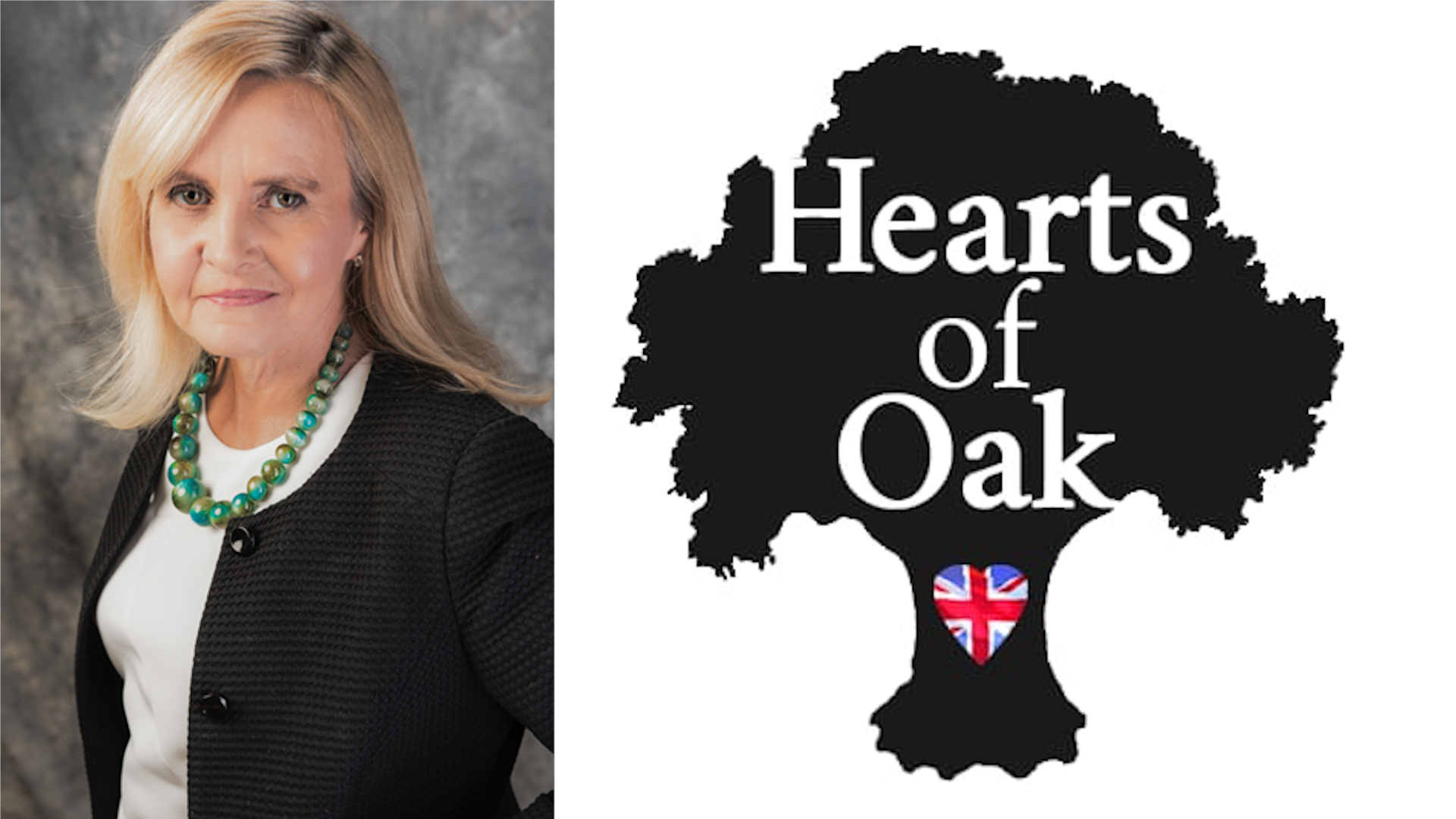Wild animals are enjoying Covid. In Nara, Japan, deer are wandering around ‘lock-down’ subways stations. In Panama, raccoons are frolicking on deserted beaches and closer to home, a little train of mountain goats was spotted wandering past a solicitors office in Llandudno High Street. Less people and nature returns quickly and with a vengeance.
There is another advantage to Covid – borders are closed and immigration has stopped for the first time in two decades. There are the odd few dinghies arriving on our shores but 73 people do not compare with the thousands who normally arrive illegally in Britain each month in boats, lorries and planes. Additionally, another thirty to forty thousand will not have arrived through legal means. In a single month, four new towns will not be needed and thousands of acres of prime farmland will have been saved from the bulldozer and the cement mixer.
Covid has highlighted a lot of things – that planes spread disease and are viral deathtraps, that the constant movement of people enables what could be localised diseases to become deadly pandemics in a matter of weeks and that globalised manufacturing is dangerous to the security of our country. It has shown how easy it is for an advanced country like Britain to completely run out of such a simple product as paracetamol. France’s National Pharmaceutical Academy estimates the EU imports 80% of its “active pharmaceutical ingredients,” mostly from China and India. Reuters reported on 4th March that Europe is ‘panicked’ over India’s pharmaceutical exports ban. So they should be. Forget complex cancer drugs, we could end up in a situation where we cannot even get basic antibiotics and generic painkillers normally sold as international generics for a few pence.
Will British civil servants and politicians wake up after Covid or will they carry on with their petty ‘hate Trump’ and ‘wish Boris dead’ politics? Will David Lammy realise that it is not some sort of white male conspiracy but basic supply chains that put him and his own family at enormous risk?
Will people realise that we will need less people, not more after Covid? Far from needing to import millions of people, we will have millions of our own people unemployed. Covid has shown we will need less General Practitioners, not more: virtual surgeries and consultations will become the norm. They are cheaper to run, save time and staff and will be increasingly popular with patients. John Lewis has service staff working from their own living rooms – maybe they will continue: less offices means fewer buildings, cleaners and road-clogging journeys. People will realise that they need less services, less goods and that they must save money for the next crisis.
Covid has shown to many what really matters – one’s own family, community and country. The outrage over the European Union planning to send Euro 20 billion out of a total Covid relief fund of Euro 37 billion to Africa and the Middle East rather than helping stricken Italy is rightly palpable. The European Union does not have a clue and deserves to die as does the corrupt World Health Organisation, run by an Ethiopian who is the first head not to have a medical background and appears to be in China’s pocket.
Let’s also hope that people will understand that we do not need to import hundreds of thousands of people in a time of crisis and we must look after our own first. The old adage, ‘charity begins at home’ has never been more true.

